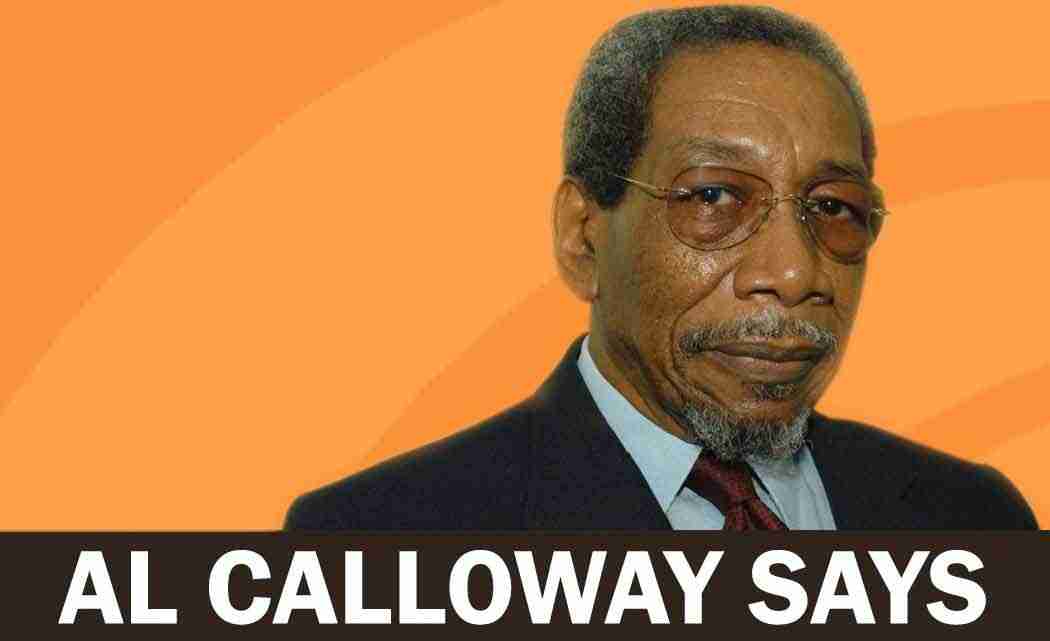Unfortunately, integrationists who loved being called “Negro” and decried being Black and Afro or African American dominated the Civil Rights Movement. So a great opportunity was lost as blacks were being galvanized mainly through churches, especially in the south, to rally for desegregation. Leaders placed no value on black people knowing their history and what a long-term difference that knowledge could have made.
The Nation of Islam and Black Nationalist groups were the promoters of black history. Into the late 1960s the Black Panther Party took the thrust nationwide with a socialist political tinge. Energy outside of the Movement produced all sorts of pamphlets, magazines and booklets, that began popping up primarily on the east and west coasts that then crisscrossed the country.
Today, the black church could, ostensibly, become the primary educator of the black masses. Preachers have to dig into the literature and re-educate themselves because Bible Schools and Seminaries only teach Eurocentric history (his-story). There is great power in books by and about black people; power that would make Pookey want to pull up his pants and girls to want to be queens; men to be real fathers and women to be carriers of the culture.
Black people have got to find a way to self-educate, to flip from fear and ignorance to confidence and knowledge. The apt adage “Know Thyself” is, indeed, instructive. Like everything else in nature, we cannot succeed except through struggle. Books are not meant to frighten. They are created to enlighten! No one has to be a scholar or even a high school graduate in order to learn our history and guide others to the information.
To be successful in this endeavor people will need a few books and only three other important things: A dictionary, dedication and time. In this space last week, I listed a few books about ancient African history (if you missed it send me an email). Below is a list of six key books about our African-American experience.
Get these six books!
Black Reconstruction in America 1860-1880 by W. E. B. DuBois. “Of the Negro’s [black people’s] part in Reconstruction it is beyond question the most painstaking and thorough study ever made. … An imposing contribution to a critical period of American history.” The New York Times
The Mis-education of the Negro by Carter G. Woodson. “The mere imparting of information is not education. Above all things, the effort must result in making a man think and do for himself just as the Jews have done in spite of universal persecution.”
Black Bourgeoisie by E. Franklin Frazier. “In this controversial study, a leading sociologist sets forth his views of the frustrations and insecurities of middle-class American Negroes. He analyzes the behavior, values, and attitudes of a group which, in his opinion, has become isolated as a result of its rejection by the ‘white world’ and of its break with its own cultural traditions.”
The next three books are by black psychiatrists
The Wretched of the Earth by Franz Fanon. “By a kind of perverted logic, it [colonialism/white supremacy] turns to the past of the oppressed people, and distorts, disfigures and destroys it. “Each generation must, out of relative obscurity, discover its mission, fulfill it, or betray it.”
Black Rage by William H. Grier and Price M. Cobbs. “Two black psychiatrists tell it as it is – in the first book to reveal the full dimensions of the inner conflicts and the desperation of the black man’s life in America.”
The Isis Papers by Frances Cress Welsing. “Instead of engaging in our past practices of complaining, moaning, crying, groaning, begging, clapping hands and singing “We shall Overcome” when confronted with these death-causing, life-stultifying problems posed by white supremacy, Black people in the U.S. must dissect and analyze those problems to their core. With this knowledge, Black people can take the necessary steps to eliminate the problem.”
For those who want to keep on probing here are a few suggestions: Souls of Black Folk by W. E. B. DuBois; Medical Apartheid by Harriet A. Washington; The New Jim Crow by Michelle Alexander; Black Power by Richard Wright; Prejudice and Your Child by Kenneth B. Clark; and The Choice by Samuel F. Yette.
Al Calloway is a longtime journalist who began his career with the Atlanta Inquirer during the early 1960s civil rights struggle. He may be reached at Al_Calloway@verizon.net













No Comment